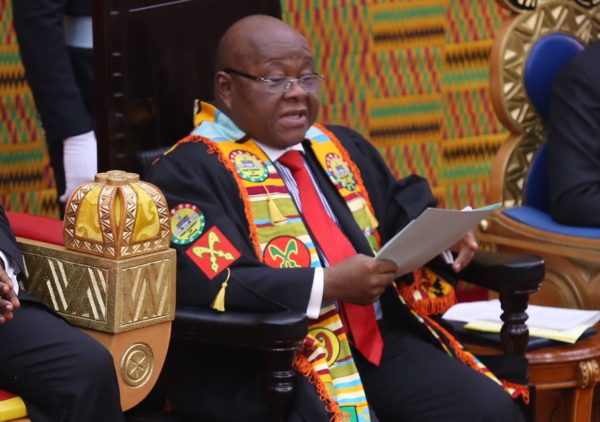The estimated cost of the implementation of the Right to Information (RTI) Bill should not hinder key stakeholders from ensuring its passage, campaigners for the passage of the bill into law have said.
The group, which is made up of Right to Information Coalition, OccupyGhana and the Media Coalition on RTI, in a statement, said it is imperative for the government to ensure that the bill is passed, given that the benefits it presents outweigh the estimated cost.
A report by the Research Committee of Parliament estimates that the implementation of the Right to Information (RTI) Bill into law will cost government some GH₵750 million over the next five years.
This cost is in reference to the likely cost associated with establishing and operating an office for the RTI Commission in the next five years.
According to the research, “The overall expenditure for establishing the Right to Information Commission and its administrative cost is the total addition of all components of cost.
“These costs are the costs incurred in paying salaries to all personnel and the cost involved in acquiring logistics, maintaining assets and rent, as well as the cost of employing the executive secretary to efficiently manage and operate the office,” parliament’s research said.
The research added, however, that if any of the underlying assumptions should change, the estimated cost will also be adjusted.
Responding to the report, the coalition welcomed the efforts of parliament to cost laws that would improve the lives of Ghanaians.
“To us, this is a sign that the country is readying itself for the passage of the bill into law.
“The coalition hopes that this was done to other laws like the creation of regions and the creation of the Office of Special Prosecutor,” it added.
The coalition pledged to follow up with the Research Department of Parliament to understand the basis of its calculation and its understanding of the infrastructure required for the implementation.
The coalition emphasised the fact that transparency through RTI regime would save the country more than GH₵750 million, which should be taken into consideration.
It reminded Ghanaians that the Auditor-General, in its 2016 Liabilities of Ministries Departments and Agencies (MDAs), disallowed GH₵5.4 billion that would have been paid by Ghanaians, explaining that some of those disallowances were based on poor recording keeping.
Following surcharges, the Auditor-General has already retrieved GH₵61 million.
“The RTI Coalition has fought hard for an information commission to adjudicate disputes between the state and citizens before it goes to the high court.
“Without the commission, citizens will have only recourse to the high court if they are denied by a public institution.
“This is why there are commissions in India, South Africa, Liberia, Sierra Leone, among others. One of the challenges Nigeria is facing with its RTI law is the lack of Information Commission.”
Source: The Finder

